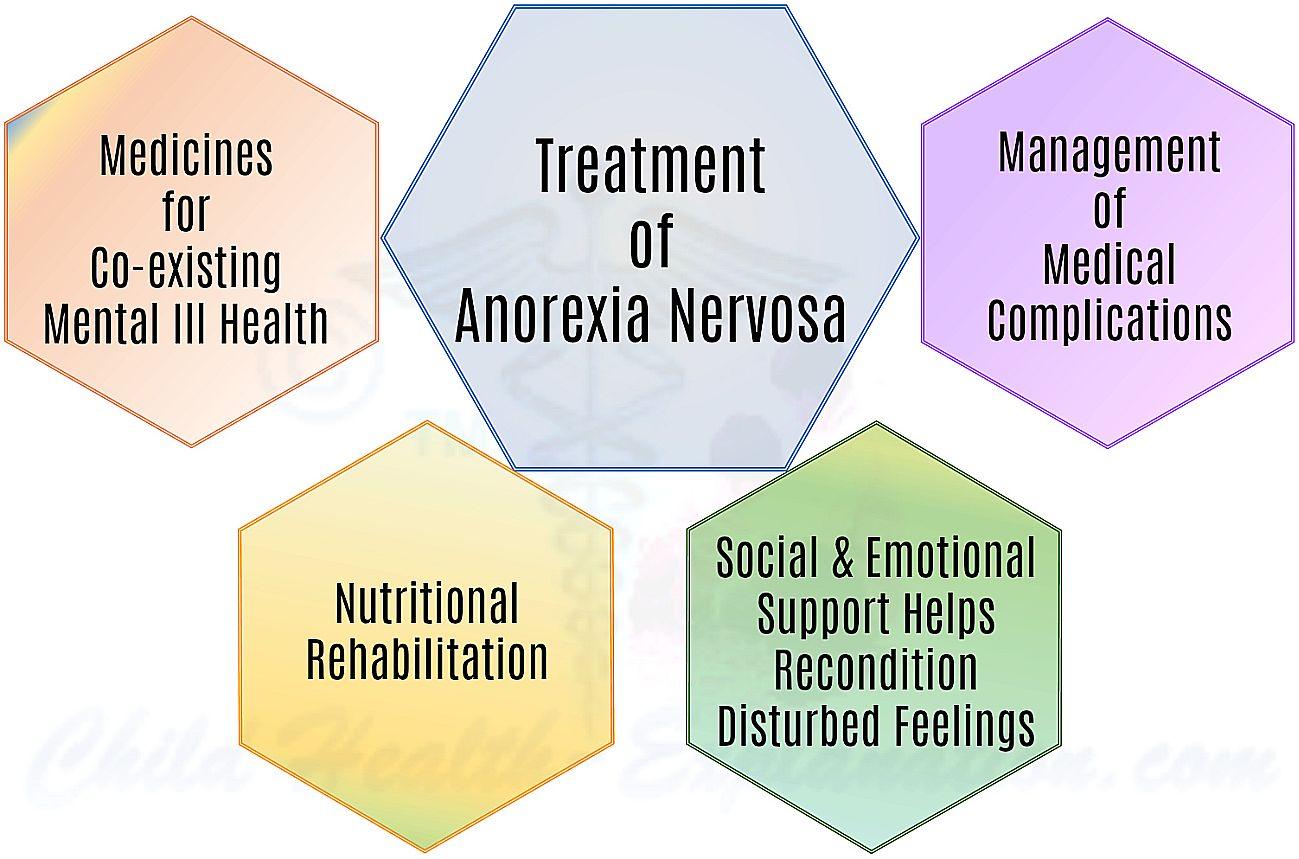Understanding Anorexia
Anorexia nervosa is a serious eating disorder that goes far beyond a desire to be thin. It’s not a choice, a phase, or about vanity. Instead, anorexia develops from a complex mix of biological, psychological, and social factors. If you’ve been searching for information, you may be overwhelmed. It can be so confusing as to what therapy is most effective and what step to take for yourself or for someone you love. I hope to share some clear information to help make your decisions easier and to help you gain the understanding that you need to go forward. I’ve also shared some links if you’d like more information. First let’s briefly look at the causes of anorexia. Then in later blogs we’ll explore more about treatment and the process of recovery.
At the Houston DBT Center, we know that understanding what causes anorexia is an important step in breaking free from its grip.
Biological Causes of Anorexia
Research shows that biology plays a major role in who is vulnerable to anorexia:
-
Genetics: Anorexia often runs in families. If a parent, sibling, or close relative has an eating disorder, the risk is higher.
-
Brain chemistry: Differences in brain chemicals like serotonin and dopamine may affect appetite, mood, and how rewarding eating feels.
-
Personality traits: People who are naturally more perfectionistic, cautious, or highly self-controlled may be biologically more prone to anorexia. This is referred to as an overcontrolled personality style.
📖 Learn more from the Mayo Clinic
Psychological Causes of Anorexia
Anorexia often develops alongside certain ways of thinking and coping:
-
Perfectionism: A drive to be flawless can lead to rigid eating rules and extreme self-criticism.
-
Low self-esteem: Many people with anorexia tie their self-worth to weight, shape, or appearance.
-
Emotional inhibition: Struggling to express sadness, anger, or fear can make food restriction a way to cope.
-
Need for control: Restricting food often becomes a way to feel in control when other parts of life feel overwhelming.
Social and Environmental Causes of Anorexia
The world we live in also has a powerful influence:
-
Cultural pressure: In many societies, thinness is equated with beauty, health, or success.
-
Family environment: Families with high expectations or limited emotional expression can unintentionally add to risk.
-
Peers and social media: Teasing, bullying, or constant comparison with others—especially online—can fuel body dissatisfaction.
-
Stressful events: Life changes such as starting college, moving, divorce, or trauma may trigger symptoms.
See the John Hopkins information about causes
Developmental Factors
-
Adolescence: Anorexia often begins during the teenage years, when identity, independence, and body changes create extra pressure.
-
Loneliness and attachment: Research shows anorexia can be connected to difficulties forming close, secure relationships—leading to isolation and using food restriction as a way to cope. This is one of the reasons that interventions such as RO DBT are showing success for treating anorexia.

Why This Matters
Understanding the causes of anorexia helps break the myth that it’s simply “about food” or “a diet gone too far.” Knowing that anorexia is rooted in biology, personality, and environment helps reduce shame and highlights the importance of professional treatment. The severity of the symptoms and the medical stability of the client will be important to consider in choosing treatment options.
Hope and Recovery
While anorexia is a serious condition, recovery is possible with the right support. At the Houston DBT Center, we use evidence-based treatments like RO DBT to address not only eating disorder behaviors, but also the perfectionism, control, and emotional struggles that keep the cycle going.
✨ If you or a loved one is struggling with anorexia, you are not alone.
📞 Contact us today at 713-973-2800 to learn more about compassionate, evidence-based treatment in Houston.
You can also complete the “Make Appointment” form on our website.
We are happy to talk with you and help you decide on the right fit for treatment for yourself or your loved one.

